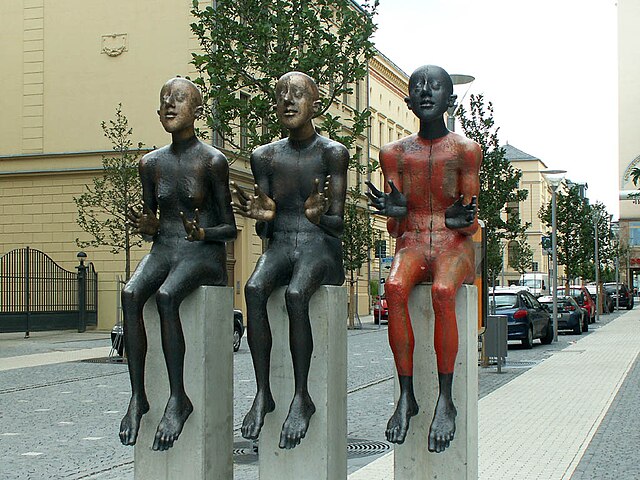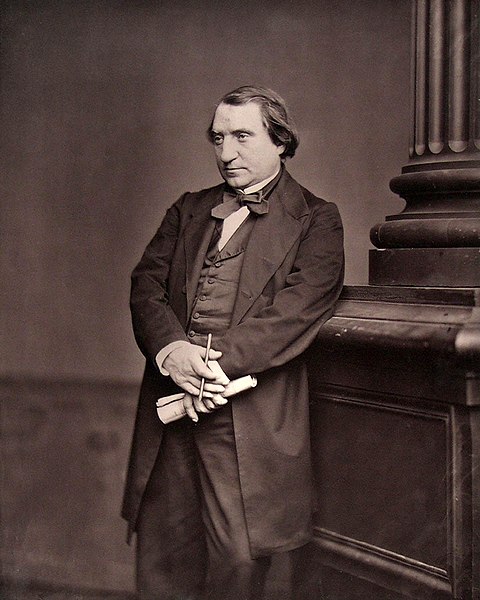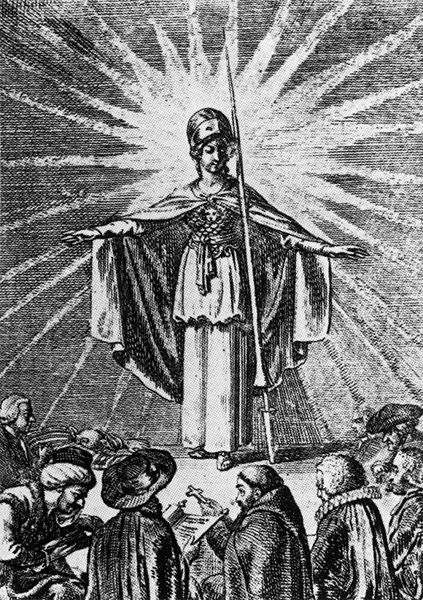Toleration is when one allows, permits, or accepts an action, idea, object, or person that one dislikes or disagrees with.
Sculpture Für Toleranz ("for tolerance") by Volkmar Kühn, Gera, Germany
Declaration of the Rights of Man and of the Citizen
Renan
Religious tolerance or religious toleration may signify "no more than forbearance and the permission given by the adherents of a dominant religion for other religions to exist, even though the latter are looked on with disapproval as inferior, mistaken, or harmful". Historically, most incidents and writings pertaining to toleration involve the status of minority and dissenting viewpoints in relation to a dominant state religion. However, religion is also sociological, and the practice of toleration has always had a political aspect as well.
Sculpture Für Toleranz ("for tolerance") by Volkmar Kühn, Gera, Germany
"Tomb with hands" in Roermond. Jacob van Gorcum, a Protestant (of the Reformed Church), who died in 1880 and his wife Josephina, a Catholic, who died in 1888, are buried in the Protestant and Catholic cemeteries respectively, but their tombs are joined by "hands" over the wall.
Minerva as a symbol of enlightened wisdom protects the believers of all religions (Daniel Chodowiecki, 1791)
Clement VI






